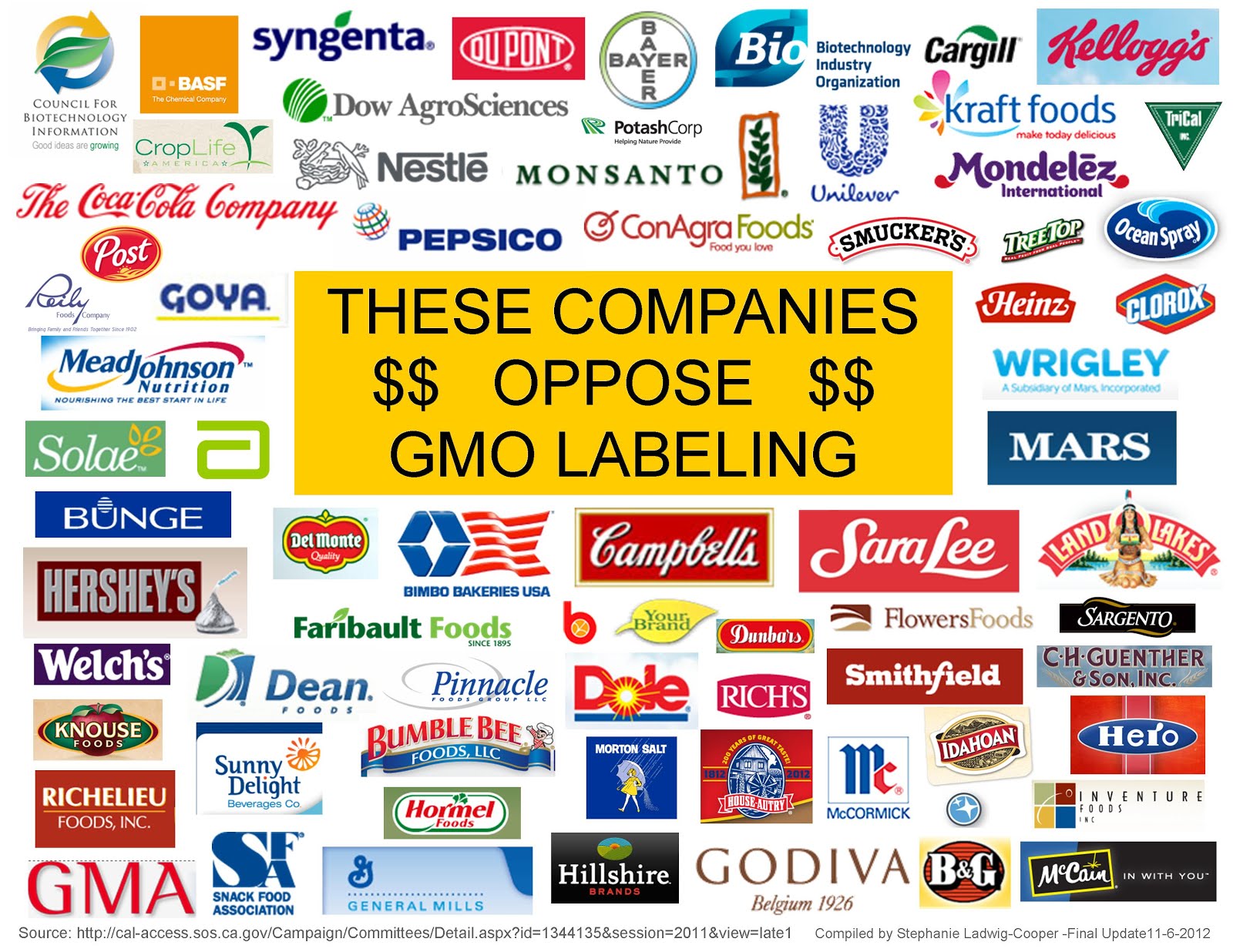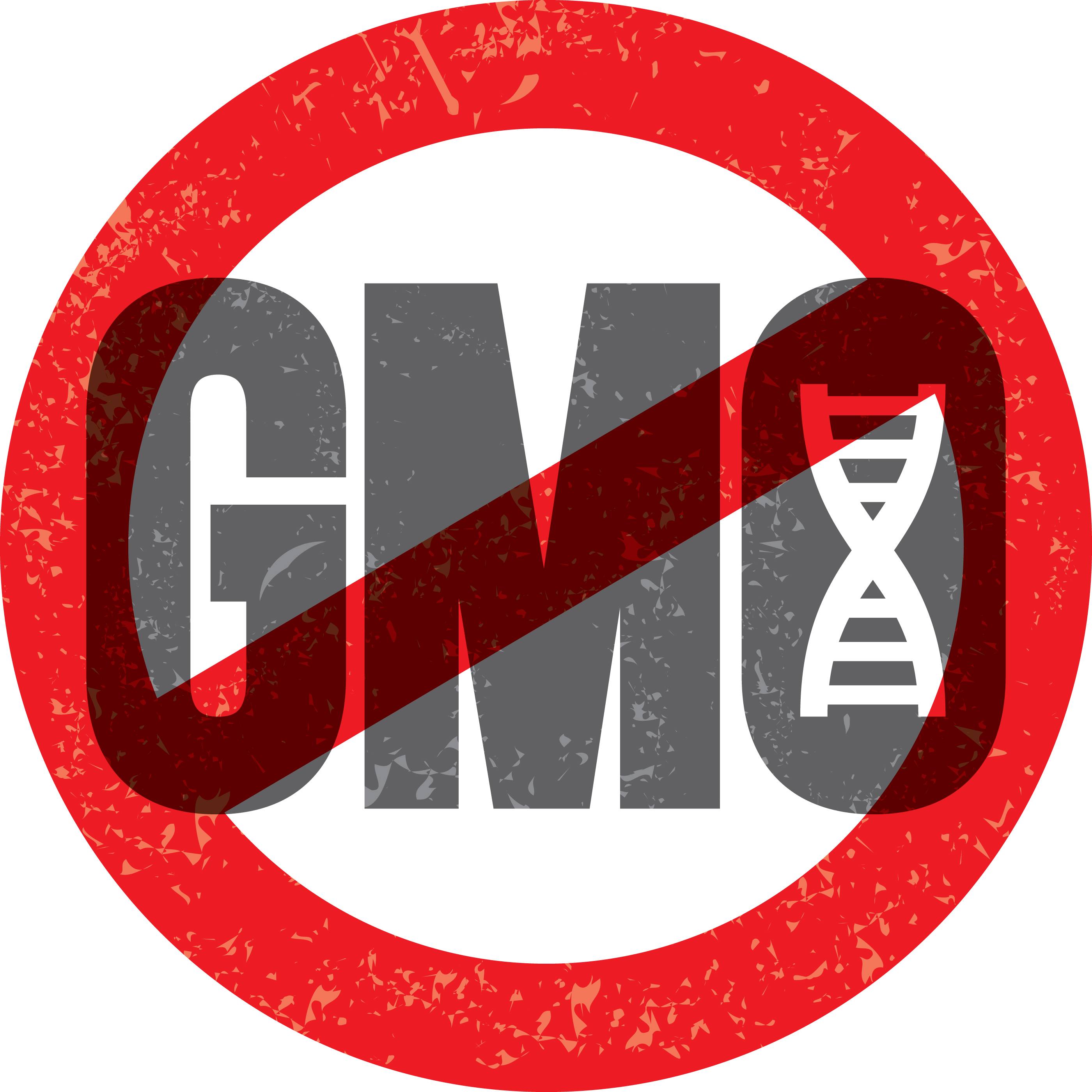“It’s just common sense that we should have a right to know what is in our foods so we can make our own informed decisions about what we choose to eat and feed our families.” This stance, outlined in Oregon's Measure 92 "Right to Know" campaign, is a familiar theme among the No-to-GMO ballot initiatives up for vote on Tuesday.
Maui; Colorado; Humboldt County, Calif.; and Josephine County in Oregon are also digging up the GMO issue, promoting their right to not only know about – but to also control and regulate – corporate sponsored chemical agriculture.
While the Big Ag, Big Food and Biotech industries are spending tens of millions to defeat the measures, most of us would say these initiatives are about common sense: the right of the people to choose what we feed ourselves and our families, what we spray into our air, and what we leach into our earth and water.
But first off, what is a GMO? It's a genetically modified organism, which is to say it is a food item that has been genetically engineered, with its DNA altered in a non-natural way, i.e. in labs using biotechnology. This is not a form of hybrid or cross-breeding. Humans, and nature, have been cross-pollinating species for centuries. For example, the Asian pear is an apple/pear hybrid.
Genetically engineered foods, however, involve something much more than the rather boring sex life of an apple and a pear. Perhaps the most famous story that helped catapult the GMO fight into the spotlight is the fish/tomato cross, when arctic fish genes were inserted into tomatoes to keep them from dying in a frost.
To some this might sound like a relatively harmless, even beneficial move towards better living through science. The problem is that we have no idea how our bodies, or the ecosystem, will react in the long term to these unnatural, lab-induced combinations.
In the testing tied specifically to "Frankentomatoes," rats given GM tomatoes experienced bleeding stomachs, which one GMO safety and animal feeding expert cautioned “could lead to life-endangering hemorrhages” in humans. Besides the unknown harmful effects due to ingestion, GMOs have quite the environmental footprint as well.
Because so many of the GMO crops are made to withstand high doses of poisonous chemicals, companies are producing – and selling – ever larger amounts of intense pesticides that farmers then use to grow the food. From polluting the air to causing chemical runoff, the effects of this ramp-up in poisonous chemicals has left a noticeable mark on the environment where GMO crops are grown.
The argument from the pro-GMO community, i.e. big corporations such as Dow Chemical, Monsanto, Syngenta and rest, is that genetically engineered crops enable higher yields of foods which aren't susceptible to kill-off by pests or drought.
There are two problems with that argument. First, as outlined in the Union of Concerned Scientists’ April 2009 report, “Failure to Yield: Evaluating the Performance of Genetically Engineered Crops,”, there is no evidence to suggest that GMOs actually produce more crops. And second, if fish tomatoes cause internal bleeding, what do fields of crops sprayed with the equivalent of agent orange cause?
We don't know, because we apparently don't have the right to know. Testing of GMOs is done exclusively by the companies that own the seeds, and any research published about those tests, preposterously, must be approved by the company. That's right: no third party or independent testing allowed.
In fact, in order to buy seeds from Monsanto, a company must sign an End User Agreement that “explicitly forbids that the seeds be used for any independent research. Scientists are prohibited from testing a seed to explore under what conditions it flourishes or even fails. They cannot compare any characteristics of the GMO seed with any other GMO or non-GMO seeds from another company. Most alarming, they are prohibited from examining whether the genetically modified crops lead to unintended side-effects either in the environment or in animals or humans."
Couple this insidious secrecy with the fact that about 80% of all processed food in the U.S. is thought to contain GMOs, and it's no surprise that people across the country have raised their voices in protest – and now, increasingly, at the ballot box. It's also not particularly shocking to note that biotech companies have spent millions of dollars to keep GMO labeling and GMO banning initiatives off local and state ballots.
Each of the five measures up for vote next week have met with immense pushback from the corporations that will lose money and power if the measures pass. Meanwhile, 64 countries including the entire EU, Japan, Australia, Russia and China have opted to require GMO labeling. Here in the states, there are as yet no federal or state laws requiring GMO labeling on processed or raw foods.
Typically, one might think that a government organization such as the Environmental Protection Agency would lead the charge in restricting and regulating toxic chemicals and the plants born from them. But unfortunately that's not the case. Like many corporate oversight organizations, the EPA has visibly been co-opted by corporate interests that habitually pay off politicians and mount well-funded attack campaigns to ensure their thick bottom line and a comfortable seat atop a pillaged planet.
Just in the past week, the EPA made public its approval of Dow Chemical's latest herbicide concoction, Duo 2,4-D & Glyphosate herbicide. The EPA deemed 2,4-D a component of agent orange, the toxic defoliant used in Vietnam, to be “safe for infants and children,” saying that the “risk assessment ensures protection of human health.”

The Measures
It's just this type of "oversight" that spurred Josephine County into action. Measure 17-63, aka the Freedom from Pesticides Bill of Rights, “would prohibit corporations and government entities from using or applying pesticides within the County” in Oregon. More specifically, it would prohibit the use of RUPs, or Restricted Use Pesticides, that require an applicator license due to their chemical makeup.
The list of chemicals, put out by the EPA and updated as of April 2013, includes Atrazine, Glyphosate, Zinc Phosphide and many others that have been linked to serious health problems including respiratory illness, depression, various cancers and birth defects. Owen Beeder, the contact for RUPs, failed to comment on questions regarding guidelines for restricted pesticides or whether the EPA does any third party testing outside of the chemical company's own findings.
After years of deflating work with regulatory agencies and investigations, the residents behind the Freedom from Pesticide Alliance found that not only does Oregon law permit the use of these RUPs – but they actually can't legally say "no" to them, either. Seeing the degradation of their community's health and environmental well being, Josephine County residents drafted 17-63 and will vote on it Tuesday.
The same concern for environmental and personal well being spawned the "Yes to Test" initiative in Maui. In the past decade, Maui County has become the leading producer of GE corn seed in the world – roughly 80% of which comes from the island. It has earned the title of "Ground Zero" for GMOs, and is dubbed the “largest open air experimental, chemical and genetics test site in the world."
The Maui initiative is a GMO moratorium, amounting to a “temporary hold on the cultivation and open field experiments of GMOs until Environmental and Public Health Studies prove that our islands are being preserved and protected.” Specifically, this measure targets Big Ag corporations Monsanto and Mycogen. If passed, "Yes to Test" would stop any new GMO crops from being planted and would cease all pesticide testing and spraying on government and corporate farmland until tests can prove that they are safe for the delicate ecosystem and the people of Maui.
Another moratorium on GMO crops is on the ballot in northern California's Humboldt County, where Measure P would “prohibit the growing or raising of GMOs.” While the measure stemmed from clear concern over the safety of GMOs and pesticides, Humboldt County has extra reason to push for it, as a majority of Humboldt farmers specialize in organic, natural and non-GMO products and have found themselves in crushing legal and economic battles with big corporations over the spread of GMO seeds due to wind and insects. As organizers of the measure put it, “The future of our local agricultural economy may depend on minimizing the risk of GMO contamination. The only way to do that is to stop growing GMOs altogether.”
The two remaining initiatives are state "Right to Know" measures that deal with the labeling of GMOs. Oregon's Measure 92 would require that “all raw food and packaged food that is entirely or partially produced with genetic engineering must be labeled” by Jan. 1, 2016.
And in Colorado, a similar measure up for vote is Prop 105, which seeks to label 75% of all GMO foods sold in grocery stores. Why not 100%? Right to Know Colorado Campaign Manager Tammi Deville says, “This is a first step. The ultimate wish for many Coloradans is that all foods containing genetically engineered ingredients be labeled.”
Indeed, all of these initiatives are first steps. There is a lot of work to be done, if and when they pass, not least of all the inevitable fights with Big Ag, Food and Biotech corporations unwilling to lose profit.
Daunting as the fight may seem, the fact that these measures have landed on five ballots – even after the defeat of similar measures last election in Washington and California – is a hopeful step. Considering the federal government's failure to push for and give consumers the transparency they've called for, the rise of grassroots movements has shown extraordinary gains in the face of seemingly insurmountable money and power.
To date, there are 39 pieces of legislation underway in over 20 states specifically dealing with the GMO issue. We, the people, have the power. Now, it's about turning that power into law at the ballot box. To help spread the word on the upcoming vote, visit the websites for Measure P, Measure 92, Prop 105, Maui "Yes to Test", and Measure 17-63, to donate and/or help them gain publicity in the final days before Tuesday's election.
3 WAYS TO SHOW YOUR SUPPORT
- Log in to post comments



















